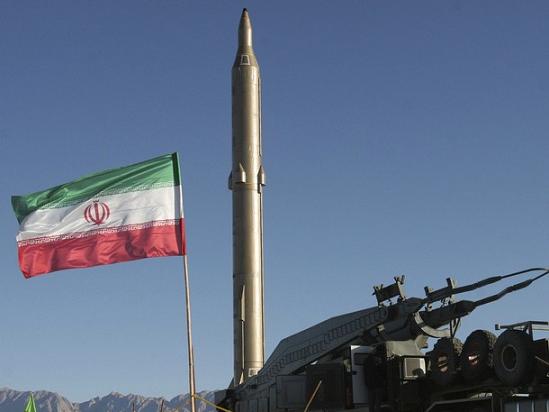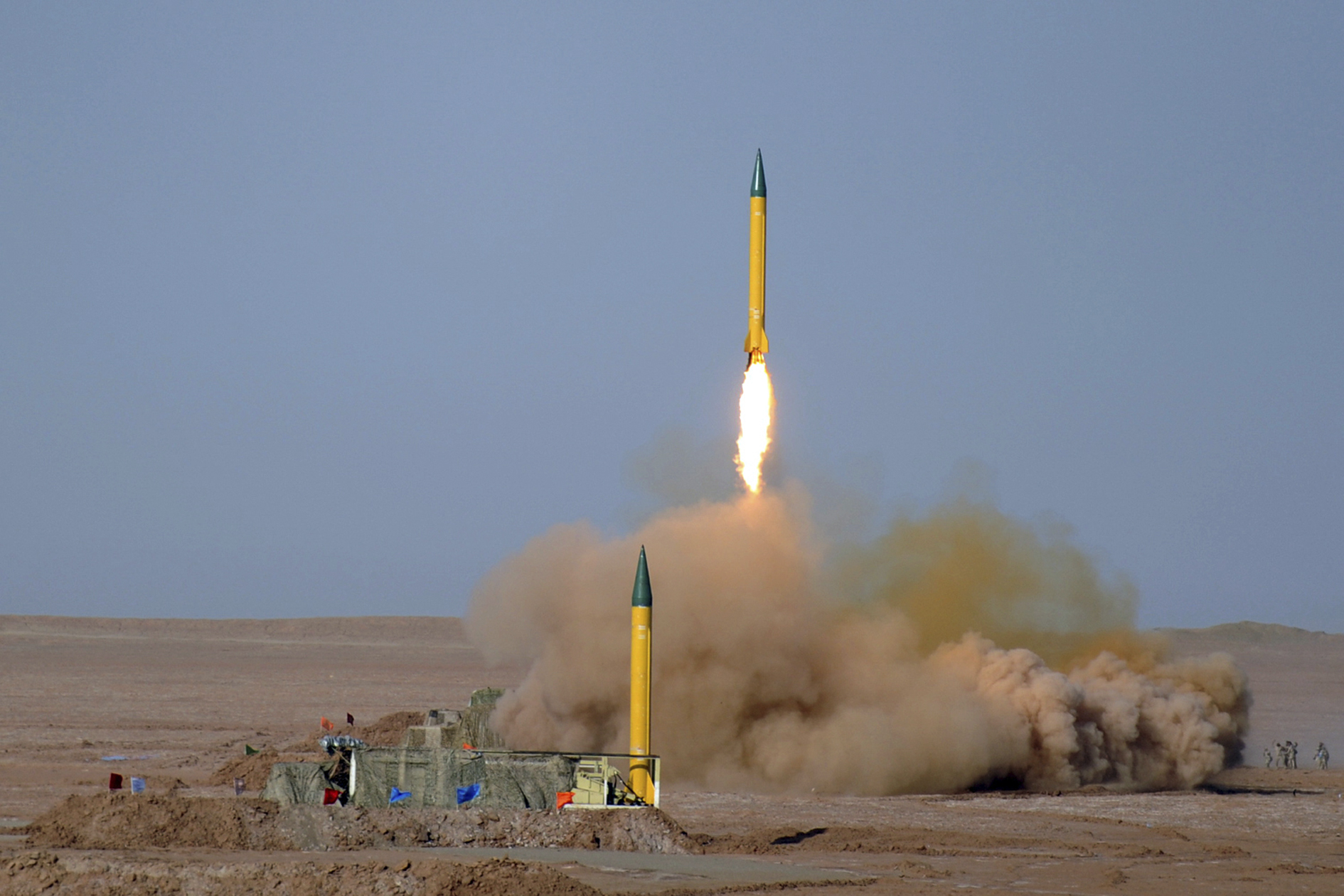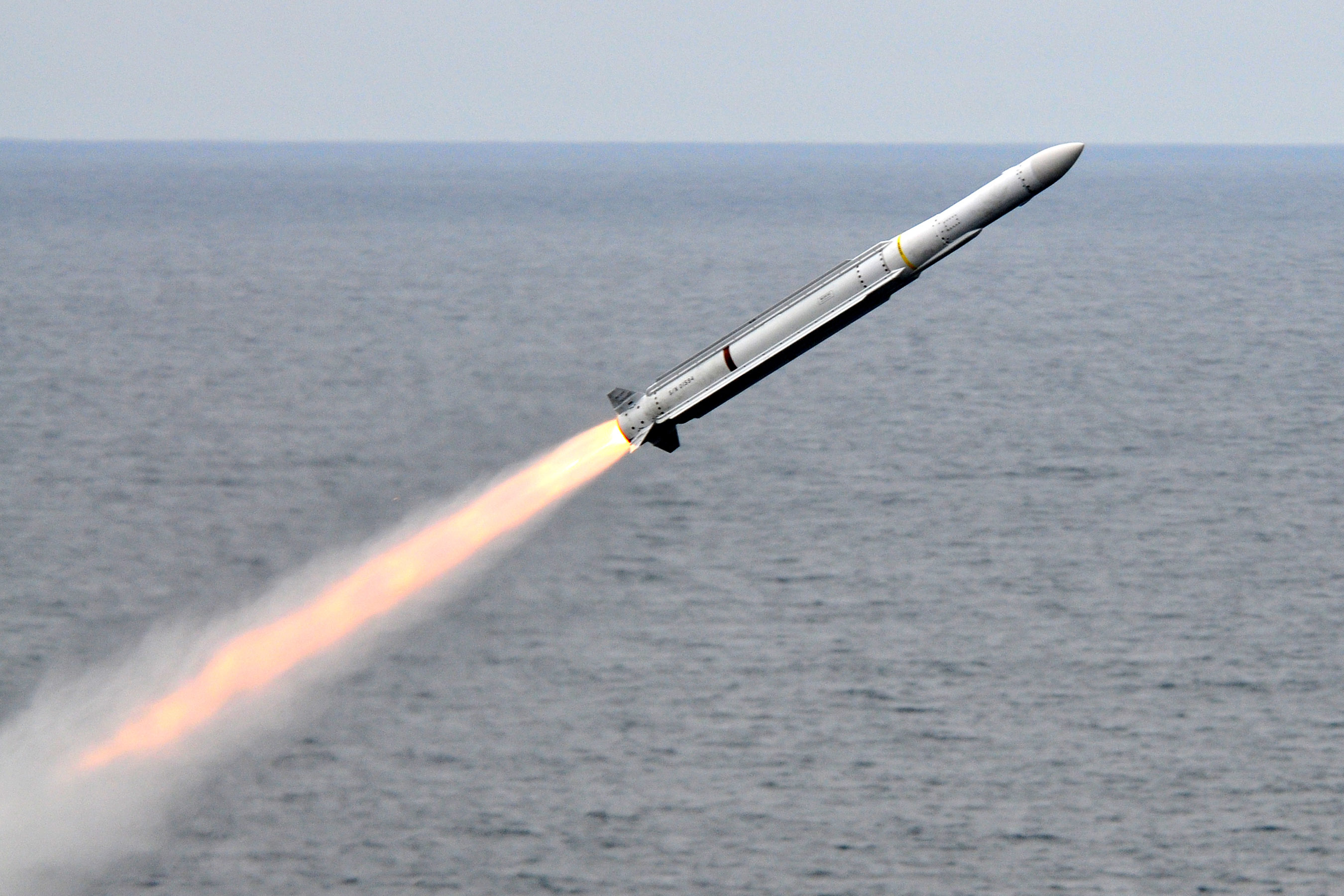Iran tests ballistic missiles as part of war drills designed to prepare for potential strikes on Israeli military facilities
02/16/2024 / By Richard Brown

Iran executed advanced ballistic missile tests on Tuesday, Feb. 13, as part of extensive war drills designed to prepare for potential strikes on Israeli military facilities housing American-made F-35 fighter jets, according to reports from Iran’s state-controlled media.
The Islamic Revolutionary Guard Corps (IRGC), responsible for recent strikes in the Middle East, engaged in a simulation where they used enhanced versions of Emad and Qadr ballistic missiles to destroy hangars holding Israeli F-35s.
The chosen target was a mock-up of the Palmachim Airbase near Tel Aviv. Iran claimed that its ballistic missiles have a range of more than 1,000 miles, enabling them to strike deep into Israeli territory.
The timing of these missile tests coincides with Iranian proxies carrying out deadly operations against U.S. and Israeli forces in various regions, including Yemen, Syria, Iraq and Lebanon. (Related: Iran declares RED LINE: If U.S. strikes Iranian soil over three soldier deaths, Iran will strike numerous American targets throughout Middle East.)
A recent attack by the Houthi militant group in late January, resulting in the death of three American military members, triggered retaliatory actions by the United States.
The potential threat of an attack on Israel’s F-35s adds a significant layer of tension amid ongoing conflicts with groups like Hamas in the south and Hezbollah in the north.
On Wednesday, Feb. 14, the House Intelligence Committee revealed that it had examined classified materials concerning a “serious national security threat.” While specific details were not disclosed, the committee called on President Joe Biden to declassify the information for open discussion.
Adding to the complexities, a massive explosion occurred at an Iranian gas line on Tuesday, raising concerns about potential Israeli involvement.
Iran promptly labeled it a “terrorist act of sabotage,” heightening tensions in the region. Simultaneously, Iran’s foreign minister held a meeting with senior leaders of the Hamas terror group during a visit to Qatar. This gathering signals Iran’s ongoing support for Hamas, particularly as it continues its conflict with Israel following the October 7 attack that claimed over 1,200 Israeli lives.
Iran closer than ever to acquiring a nuclear weapon
Meanwhile, Iran claimed that it has successfully launched a long-range ballistic missile from a warship. Hossein Salami, the commander of IRGC, issued a thinly veiled threat to the U.S. and its allies, suggesting that Iran’s “ocean-liners” equipped with long-range missiles could reach any target, thereby challenging the perceived safety of those threatening Iran’s security.
While videos released by Tasnim News depicted the missile launch from a vessel, the specific type of missile used remains unverified. If confirmed, this move would represent a departure from Iran’s historically defensive military posture.
Despite the lack of visual evidence of the test, Salami’s statements indicate active efforts by the IRGC to explore the deployment of ships as platforms for launching long-range missiles.
In recent years, Iran has shifted from a relatively subdued regional power to one consistently flexing its military muscles, possibly due to a perception that it would face minimal resistance.
Despite numerous attacks by Iranian proxies on U.S. forces, President Biden has consistently signaled a reluctance to engage in conflict with Iran. However, this cautious approach has faced criticism, with some arguing that it has emboldened Iran to pursue a more aggressive agenda.
Beyond the unverified missile launch, a growing and more significant concern is Iran’s nuclear program.
Ali-Akbar Salehi, the former head of Atomic Energy Organizations, hinted at Iran being closer than ever to acquiring a nuclear weapon. Salehi’s acknowledgment of surpassing thresholds in nuclear science and technology raises questions about the peaceful intentions of Iran’s nuclear endeavors.
Critics argue that the Biden administration’s attempts to revive the 2015 nuclear deal have not deterred Iran’s provocative behavior. There are increasing concerns about the possibility of Iran testing nuclear weapons soon, presenting a complex and urgent challenge in the region.
Watch this report about Iran possibly striking U.S. cities from a ship off the coast with nuclear cruise missiles.
This video is from the Worldview Report channel on Brighteon.com.
More related stories:
Iran, Russia finalize deal for purchase of advanced military aircraft.
Iran denies involvement in deadly attack on U.S. military base in Jordan.
Iran just proved it can hit Israel with “Kheibar Shekan” ballistic missiles.
Sources include:
Submit a correction >>
Tagged Under:
ballistic missiles, big government, chaos, dangerous, Holy War, Iran, Israel, Middle East, military tech, national security, nuclear, nuclear weapons, terrorism, violence, weapons technology, WWIII
This article may contain statements that reflect the opinion of the author
















